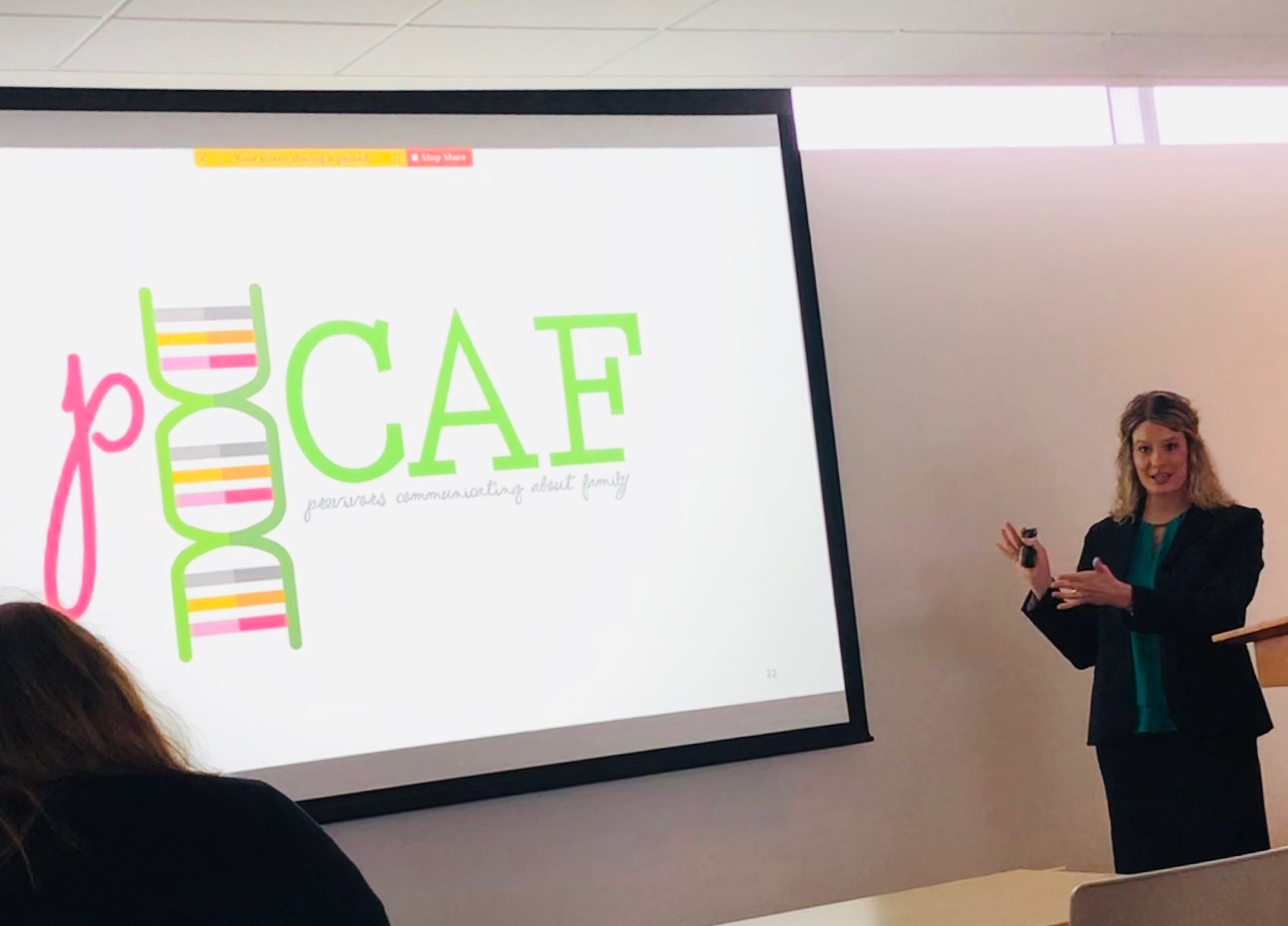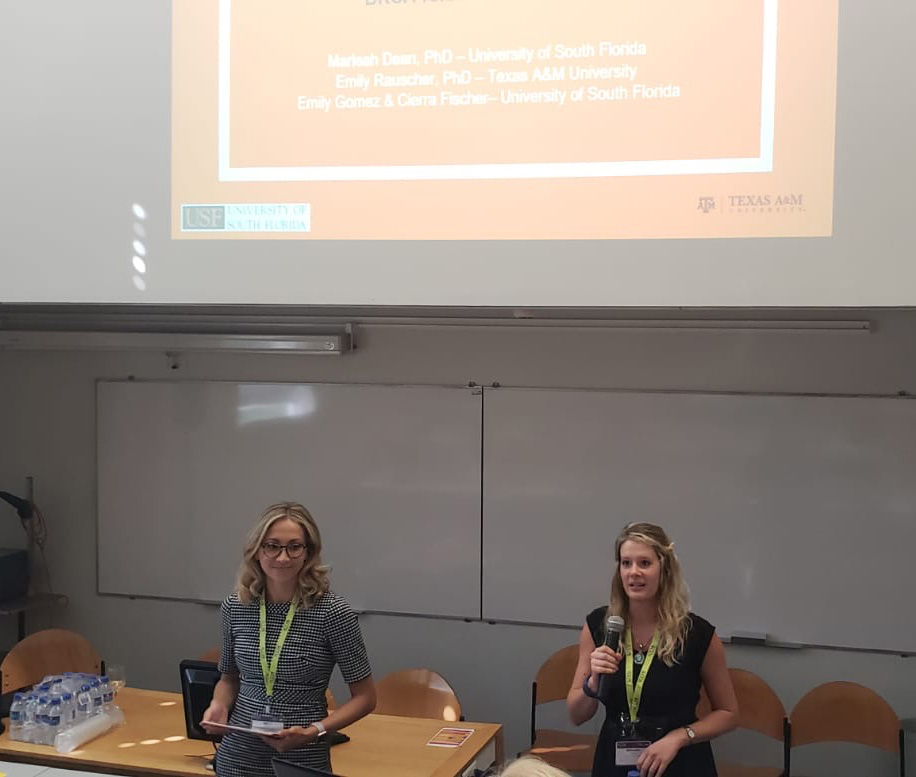MY MISSION IS TO EMPOWER PATIENTS TO BETTER ENGAGE WITH CLINICIANS, CLINICIANS TO BETTER COMMUNICATE WITH PATIENTS, AND ACADEMICS TO BETTER TRANSLATE RESEARCH FINDINGS.
Keynotes can include a 45-minute talk with 15-minutes of Q/A, an hour presentation, or an interactive workshop on the following topics.

Life is uncertain, and we must make everyday decisions and major decisions even when we may feel limited by uncertainty. Yet instead of being afraid of it, we can embrace it. In this keynote, Dr. Dean Kruzel addresses how to make decisions based on uncertain—and sometimes surprising—information. By drawing on her personal experiences with an inherited mutation, which greatly increases her lifetime risk for developing hereditary cancer, as well as her research in health communication, Dr. Dean Kruzel will define uncertainty, offer ways to cope with uncertainty, and provide resources for healthcare decision making in spite of uncertainty.
Individuals who have a genetic predisposition to develop hereditary cancer, but who have not been diagnosed with cancer, are “previvors.” Previvors face intense uncertainty and fear about developing hereditary cancer. Left unmanaged, uncertainty produces poor healthcare decision-making and negative health outcomes. In this keynote, Dr. Dean Kruzel presents her research on previvors’ cancer risk management decision-making. Additionally, she shares how to improve communication about genetic risk information with patients, family members, and clinicians by sharing ongoing psychosocial interventions designed to aid previvors’ decision-making and ultimately enhance their emotional well-being and long-term survival.


Many academics want to make a difference but are unclear how take research knowledge, interpret it, and apply it? Drawing on applied communication research and her experiences in the hereditary cancer community, in this keynote, Dr. Dean Kruzel discusses ways to translate social scientific research into practice, including offering strategies for sharing research with the public. She concludes by providing an action plan for personalizing these strategies.